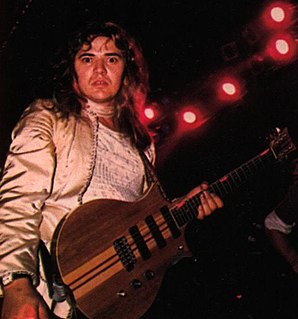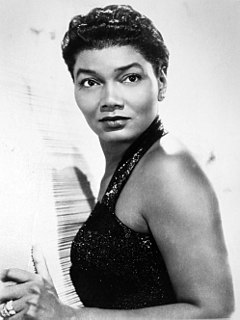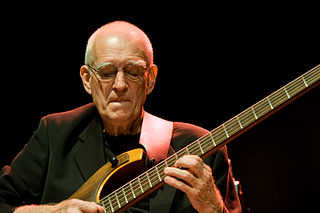A Quote by Robert Burns
Chords that vibrate sweetest pleasure Thrill the deepest notes of woe.
Related Quotes
Apropos, is not the Scotch phrase 'Auld Lang Syne' exceedingly expressive? I shall give you the verses on the other sheet. The words of 'Auld Lang Syne' are good, but the music is an old air, the rudiments of the modern tune of that name. ... Dare to be honest and fear no labor. ... Opera is where a man gets stabbed in the back, and instead of dying, he sings. ... Chords that vibrate sweetest pleasure thrill the deepest notes of woe. ... Critics! Those cut-throat bandits in the paths of fame.
Sorrow, terror, anguish, despair itself are often the chosen expressions of an approximation to the highest good. Our sympathy in tragic fiction depends on this principle; tragedy delights by affording a shadow of the pleasure which exists in pain. This is the source also of the melancholy which is inseparable from the sweetest melody. The pleasure that is in sorrow is sweeter than the pleasure of pleasure itself.
Woe to him whom this world charms from Gospel duty. Woe to him who seeks to pour oil upon the waters when God has brewed them into a gale. Woe to him who seeks to please rather than to appal. Woe to him whose good name is more to him than goodness. Woe to him who, in this world, courts not dishonor! Woe to him who would not be true, even though to be false were salvation. Yea, woe to him who, as the great Pilot Paul has it, while preaching to others is himself a castaway.
Song in the Manner of Housman" O woe, woe, People are born and die, We also shall be dead pretty soon Therefore let us act as if we were dead already. The bird sits on the hawthorn tree But he dies also, presently. Some lads get hung, and some get shot. Woeful is this human lot. Woe! woe, etcetera.... London is a woeful place, Shropshire is much pleasanter. Then let us smile a little space Upon fond nature's morbid grace. Oh, Woe, woe, woe, etcetera.






































